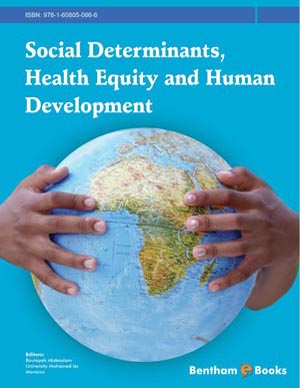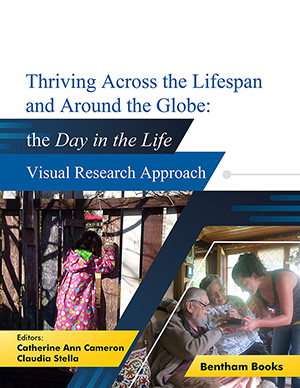Abstract
The contrast between life expectancy of 43 years for a woman in sub-Saharan Africa compared with 86 years for a woman in Japan is inconceivable and unfair. This is not a mere inequality it is one kind of health inequities existing between developed and developing countries. A multitude of other such health inequities are given by maternal mortality, infant mortality, diseases burden and access to different basic health services such as vaccination, antenatal care, postnatal visits, hospital beds, number of health personnel. Health inequity, however, is not a special feature characterizing the difference between rich and poor countries, neither is poor health confined to those worst off. In all countries, independently of their income and level of development, health and illness follow a social gradient. For instance, in the U.K, the 28 year life expectancy gap between men living in two different cities is incredible.
Keywords: Health (in)equity, maternal mortality, child mortality, life expectancy, developed countries, developing countries













